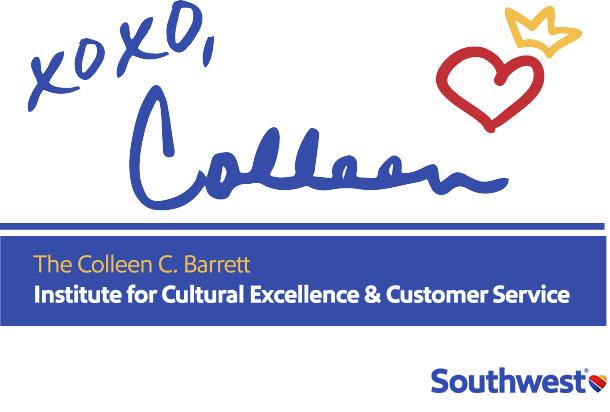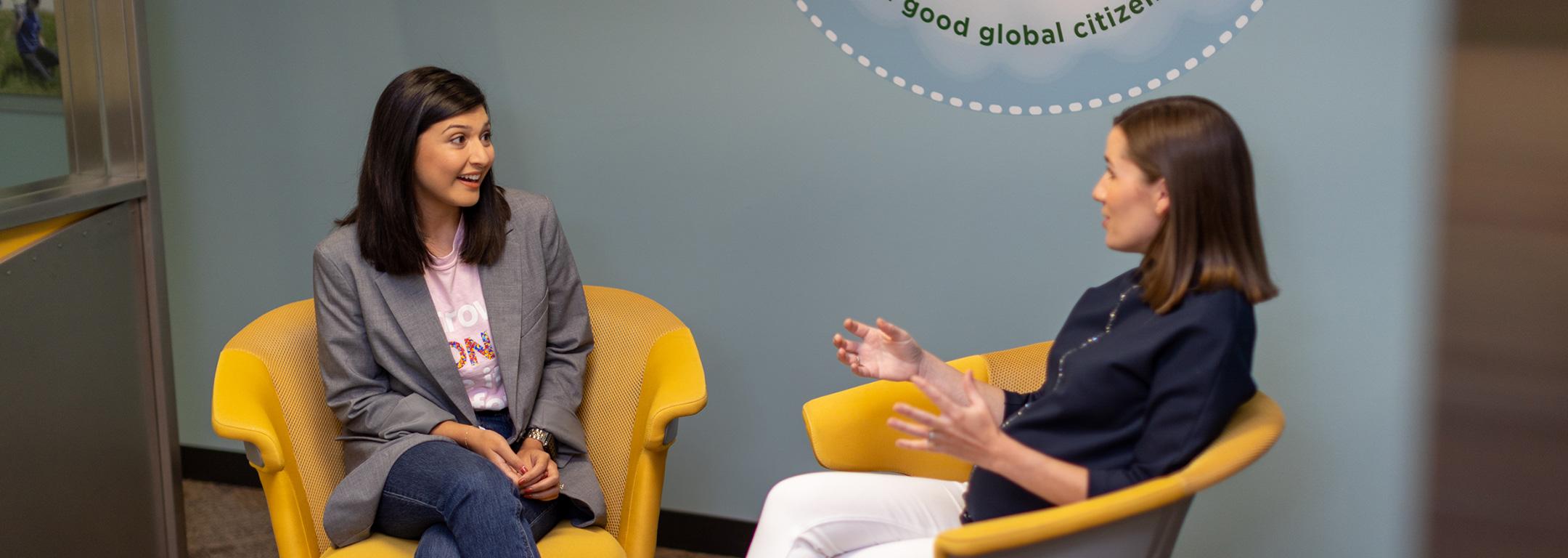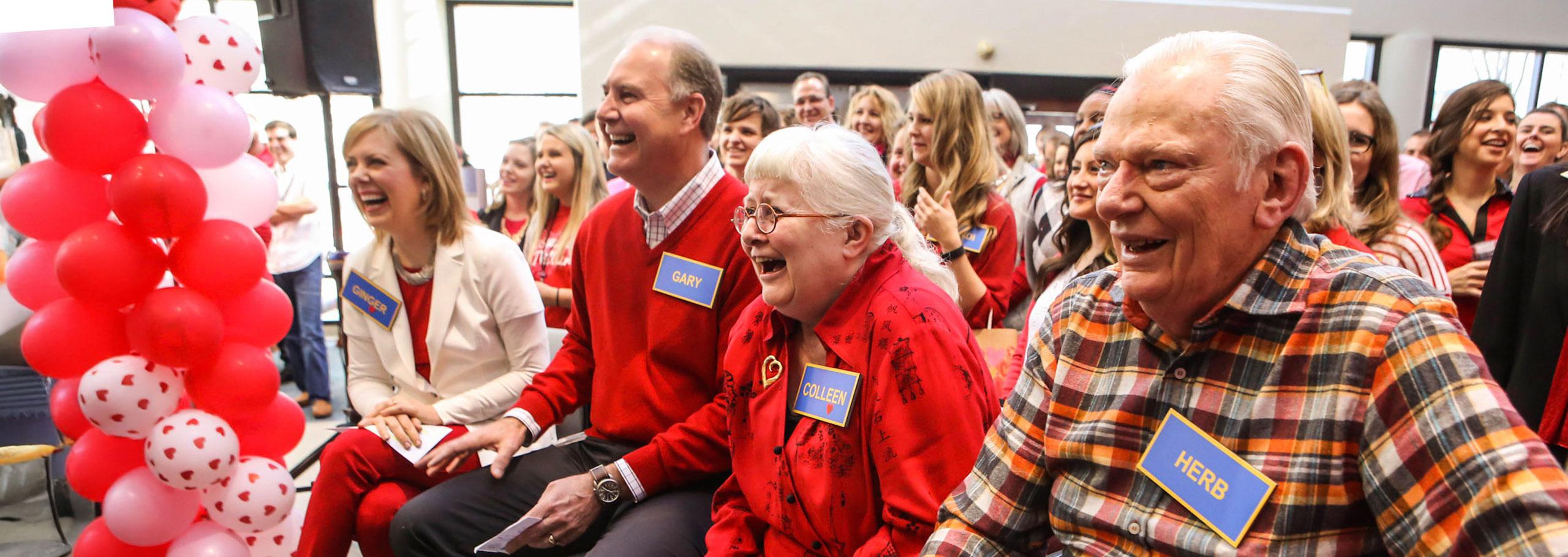At Southwest Airlines, we pride ourselves in putting our People first—whether that’s your Fellow Employee (Coheart) sitting next to you in a meeting or the Customer you’re helping board one of our planes. In my more than 16 years working at Southwest, I’ve had many opportunities to see that People-first mentality modeled by Leaders (first established by our beloved President Emeritus, the late Colleen Barrett). My experience, in turn, has shaped me into the Leader I am and the Leader I strive to be.
One of the most important aspects of leading our People is taking time to build personal relationships with individuals—getting to know them and showing a genuine interest in their lives. That means regularly scheduling one-on-one time with your People and fostering an environment where Employees feel comfortable talking with you. But you can’t model approachability if you never come out of your office. You must be a visible Leader interacting with your Teams and Employees across the department.
That visibility and approachability allow your one-on-one discussions to be more productive and to focus on building a relationship with that Employee, which creates a path to discuss difficult topics. I also find it helpful to spend time beforehand preparing for those meetings to ensure I am focused on the specific needs of the individual Employee. It helps me manage our conversation and build in enough time to actively listen to the Employee to better understand their needs. That also means not saving every piece of feedback on an Employee’s performance to share at these meetings. Feedback should be given far more frequently. Before ending the meeting, be intentional about taking notes and closing the loop on any open items.
Inevitably, not every conversation will be positive. As a Leader, you will have to engage in some difficult conversations, performance-related or otherwise. If we have fostered a transparent, approachable environment, we should expect it to include both the good and the challenging conversations. In those moments, I believe it’s best to be kind yet still direct. Share feedback honestly, rationally, and pragmatically, while demonstrating a desire to hear your Employees, recognizing that they might have a different perspective.
One of my favorite quotes is, “There is no virtue in absolutism.” Putting your People first means investing in them, intentionally meeting with them, and sharing and receiving feedback. Creating a Culture of caring within a Team, department, or organization doesn’t happen overnight. Colleen devoted her life to nurturing our People, and now it’s even more important to continue that legacy.








